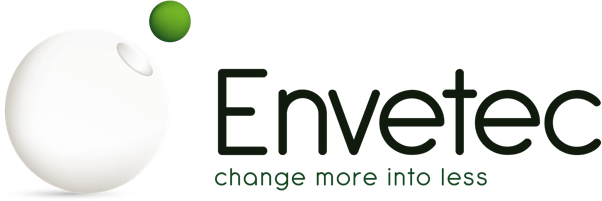03 Nov 2015
Technopath Clinical Diagnostics launches Multichem A1c Diabetes Control
November 2015 marks the National Diabetes awareness month in the USA.
Technopath Clinical Diagnostics is delighted to announce the launch of our new Multichem A1c Diabetes Control.
Diabetes is currently one of the known leading causes of premature death in the developed world. Clinical intervention shows that established diabetes is most effectively managed by a healthy lifestyle and routine monitoring of patient glycaemic status.
The formation of HbA1c occurs slowly (about 0.05%/day) and continuously during the 120-day lifetime of the red cell. The measurement of HbA1c is useful to physicians as a long-term integral of blood glucose concentration and thus as a measure of the degree of control or self-management by the diabetic patient.
Multichem A1c control is a third party bi-level liquid control available in two clinically significant levels. The product is a ready-to-use liquid control appropriate for immunoassay and ionic exchange HPLC methodologies and assayed values are provided for multiple diagnostic platforms.
Features include:
› Exceptional open vial stability, 30 days at 2-8 °C
› Available up to 24 month supply of single value-assigned lot
› Available in single level or bi-level kit format
› Insert values listed in both DCCT/NGSP and IFCC mmol/moL A1c units
› Requires same treatment as patient samples
About Technopath Clinical Diagnostics
Technopath Clinical Diagnostics, a high growth privately held Irish life sciences company founded in 2004, is a global leader in the development and manufacture of quality controls and software which enhance the quality of patient testing by clinical laboratories. Technopath Clinical Diagnostics operates in the In Vitro Diagnostics (“IVD”) market – one of the fastest growing life science market segments. The Company launched its first products in 2008 and these are now sold globally in over 100 countries. In 2012, the Company signed a global supply agreement with Abbott and in 2013 achieved its first US product approval from the FDA.
Subscribe to our newsletter for the latest updates
Receive regular Technopath news and updates straight to your inbox



)
)
)
)